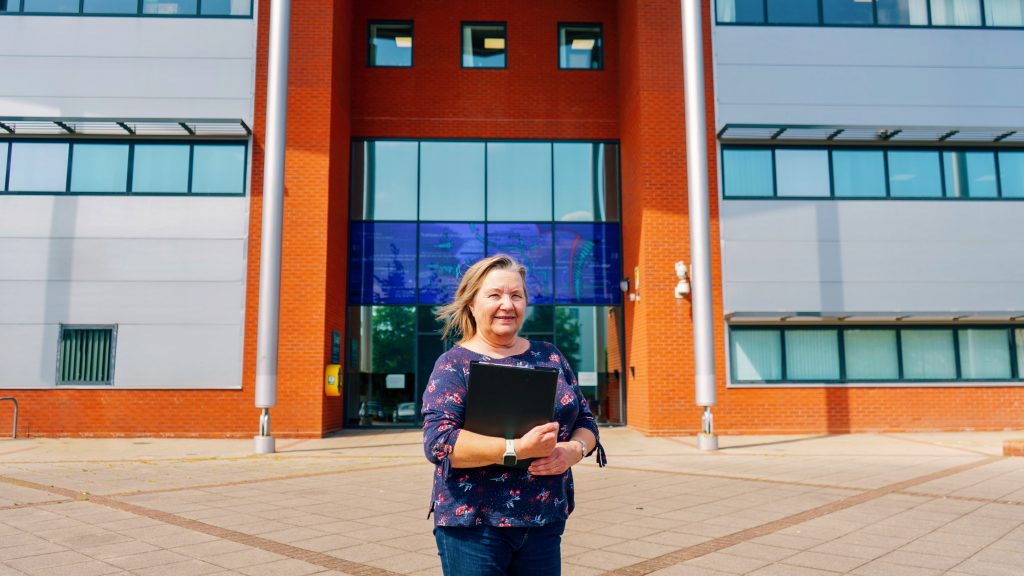
Independent Custody Visitors (ICVs) visit police stations unannounced to check on the welfare of people in custody.
Visitors come from a wide range of backgrounds. They must be over 18 and have no direct involvement in the criminal justice system in order to maintain the scheme’s independence.
Police and Crime Commissioners (PCCs) must operate an Independent Custody Visiting (ICV) Scheme.
Independent Custody Visitor Scheme Annual Report (application, 512kB)
What custody visitors do
Visits are random and unannounced. Visitors work in pairs. Usually, visits are weekly.
Normally, visits are restricted to police stations local to ICVs. ICVs must treat details of what they see and hear, as confidential. ICVs are volunteers but they can claim travel expenses.
As a result of their visit, volunteers must complete a report and submit it to the Office of the Police and Crime Commissioner (OPCC). The report gives an insight into how custody is running.
The OPCC analyses information and highlights areas for action. Information is then shared with the police, PCC and Home Office.
To help carry out their duties, ICV applicants undertake training on all aspects of custody visiting. They also learn about the basic principles of the Police and Criminal Evidence Act (PACE). We provide training at regular intervals and when there are changes in the law.
Apply to be a Custody Visitor
The OPCC is currently recruiting ICV volunteers.
All applications to join the ICV scheme are considered on their own merits. The OPCC is looking for applications from all sectors of the community.
Staff assess individual circumstances against the needs of the post and suitability of the applicant.
To become an ICV, you must:
- Be over 18.
- Not be a justice of the peace, serving police officer or civilian police employee. You also cannot be an appropriate adult, an OPCC member of staff or special constable.
- Be willing to have your applications appraised if there appears to be a conflict of interest between your voluntary and working role. This is relevant to people working in areas of the criminal justice system, such as solicitors and members of the probation service.
- Agree to always work as a volunteer and only receive out of pocket expenses incurred in the course of your role.
- Have a good understanding of English language. This is because all ICVA guidelines, reporting and recording procedures are available in either English or Welsh.
Prior to starting in role, suitable applicants will be invited to attend an interview.
ICV Scheme application form (application, 51kB)
Reprisals policy
The OPCC must make sure detainees are able to speak to independent custody visitors openly and without fear of reprisal.
This is part of its responsibility under the Optional Protocol to the Convention against Torture and Other Cruel, Inhuman or Degrading Treatment or Punishment (OPCAT)
OPCAT is an international human rights treaty, which aims to help protect people deprived of their liberty.
Our Reprisals Policy is available to the public.
Further information
Please contact Elise Pout, Head of Standards, Scrutiny and Accountability, on:
Tel: 01642 301263
Email: [email protected]
